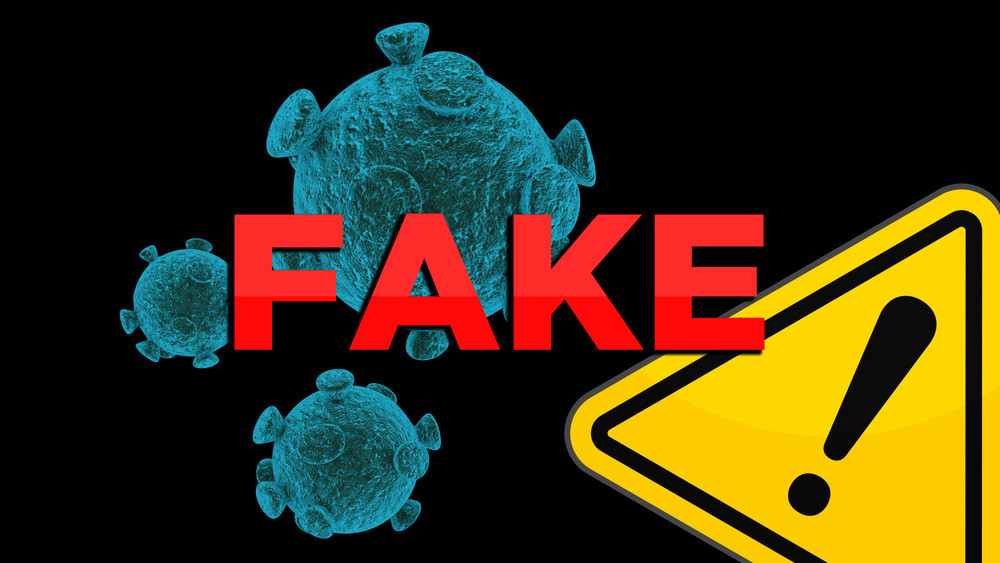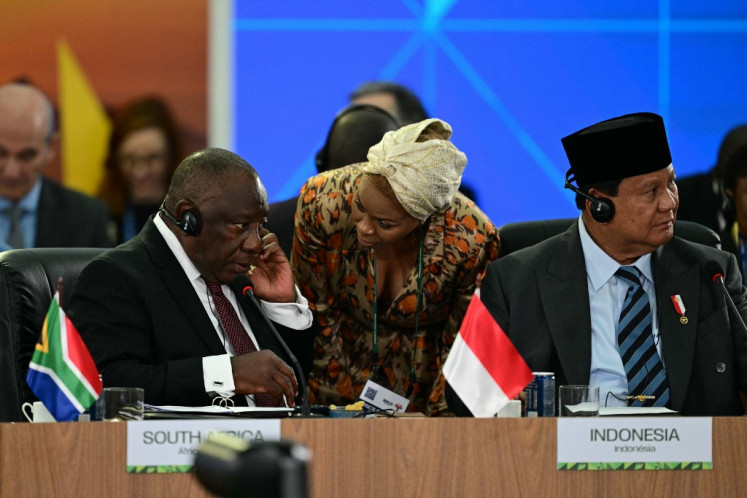Popular Reads
Top Results
Can't find what you're looking for?
View all search resultsPopular Reads
Top Results
Can't find what you're looking for?
View all search resultsMisinformation kills
In a pandemic, real and fact-based information is literally what stands between life and death.
Change text size
Gift Premium Articles
to Anyone
U
nited States President Joe Biden may have backtracked from his statement that “misinformation on Facebook is killing people” but there is an element of truth in his words.
Biden may not be an impartial judge on this issue, considering that he is no fan of Mark Zuckerberg, but his statement reflects the general feeling of exasperation of how misinformation runs rampant on social media and that there seems to be not enough effort from Facebook, Twitter and YouTube to curb hoaxes and misinformation.
During normal times, when there is no global pandemic, the best that misinformation and fake news can do is break politics, damage democracies and exacerbate social tensions. It has been well-documented how misinformation created political chaos that led to the election of Donald Trump as US president.
In a pandemic, real and fact-based information is literally what stands between life and death. Vaccination is such a crucial tool in the fight against the coronavirus, yet misinformation like “vaccinated people will die in two years” can go a long way in persuading people not to get a shot. And for those who are already vaccine-hesitant, all they need to hear is some conspiracy theory like “Bill Gates is using vaccines to implant microchips in people” before they balk at any government inoculation program.
Other types of misinformation could certainly complicate the efforts to mitigate this global public health crisis.
There are real-world consequences when someone publishes online information purporting to show that the pandemic is fake, or that the coronavirus is nothing but a mild flu, or when people say on social media that ambulances are in fact empty and that the sirens are switched on only to scare people into staying at home.
That kind of lie has consequences, like when people attacked ambulances or when they harassed health workers conducting COVID-19 testing and tracing. On July 9, an online news portal reported that a mob threw stones at a passing ambulance in Klaten, Central Java.
One week later, the same news outlet also published a harrowing story about the death of COVID-19 skeptics after refusing to receive treatment and getting vaccinated. “Hoax kills my father,” ran the headline, quoting the patient's son, who blamed the death on misinformation peddled by beauty clinic physicians saying that COVID-19 patients died mostly from cocktails of drugs.
Such misinformation, according to data from the Indonesian Anti-Slander Society (Mafindo), is circulating primarily on Facebook. As the situation gets more dire, it is incumbent on these social media giants to step up their effort in moderating and fact-checking content uploaded to their platforms. Failure to do so would only reinforce the suspicion that their business model thrives on misinformation.
The government must also step up its campaign to educate the public on COVID-19, but first they need to be transparent about their handling of the pandemic. When dealing with a crisis, transparency is always the best policy.










